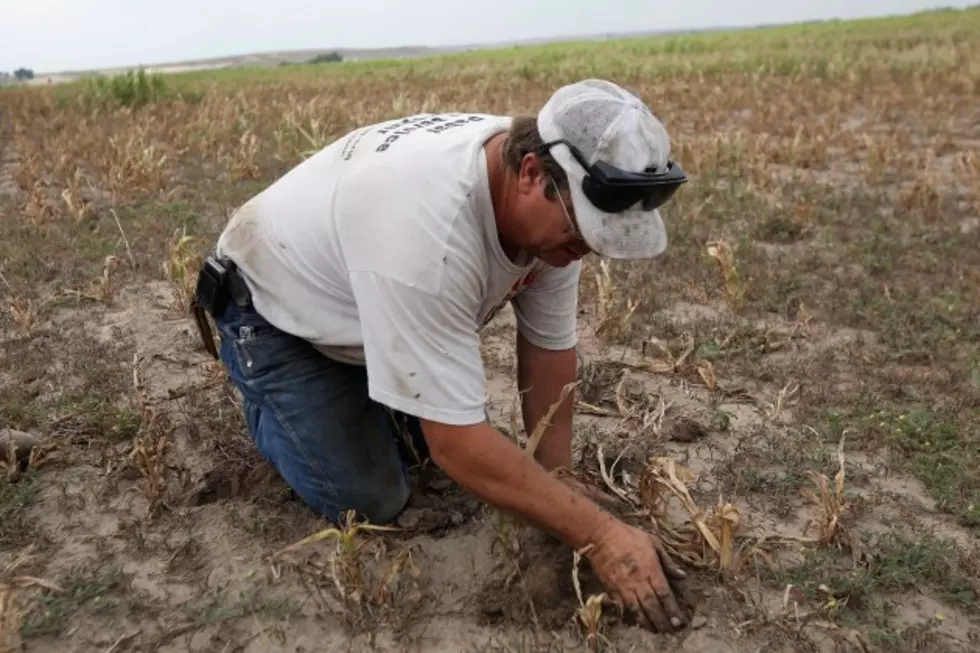
Will Drought Cause Popcorn Prices to Jump in Movie Theaters? — Dollars and Sense
The drought crippling the Midwest has many farmers standing with their hands in the air wondering what to do about the countless rows of crops that have been left for dead by the summer’s scorching triple-digit heat.
One particular sector of the American farmer that has been greatly affected by the dry and unsympathetic desert like conditions are those dealing in popcorn commodities.
“This is the worst season we’ve ever had,” said third-generation popcorn purveyor Mark Shew, who runs the family’s farm in Indiana’s Vigo County. “In some places, they’re going to be down to counting kernels at the bottom of the storage bins.”
Because of this, popcorn buyers are now frantically rushing around, knocking on the doors of suppliers far and wide, in a mad dash last minute attempt to stock up for the fall.
However, retail prices took a significant leap over the summer, and now what used to cost $20 for a 50-pound bag now cost in upwards of $30 or more, according to Tim Caldwell, owner of the Illinois-based snack food consultant firm Pop It Rite.
That has buyers searching for other, less expensive, suppliers in places as far south as Louisiana, where farmers typically plant and harvest earlier than farmers in the Midwest. Some buyers are even looking for farmland in places like South America to plant a last-minute crop within the next few weeks.
While all of this sounds like bad news for the consumer, industry experts say that although popcorn fanatics will likely pay a little more at the checkout line of their local grocery store, popcorn prices at the movie theater are not expected to increase because they are already high.
In 2010, the popcorn industry sold $985.7 million worth of unpopped popcorn kernels. According to research by the Iowa State University, 80 percent of that was consumed in the United States.
Recent statistics by the Popcorn Board, an industry trade group, reports that Americans consume as much as 16 billion quarts of popped popcorn every year.
For now, farmers in the Midwest are just trying to get through the harvesting season, worried that recent rains will have little effect on their crops, as well as fear that the reverberations of Hurricane Isaac could level their already beaten fields.
[MSNBC]
More From WFNT









